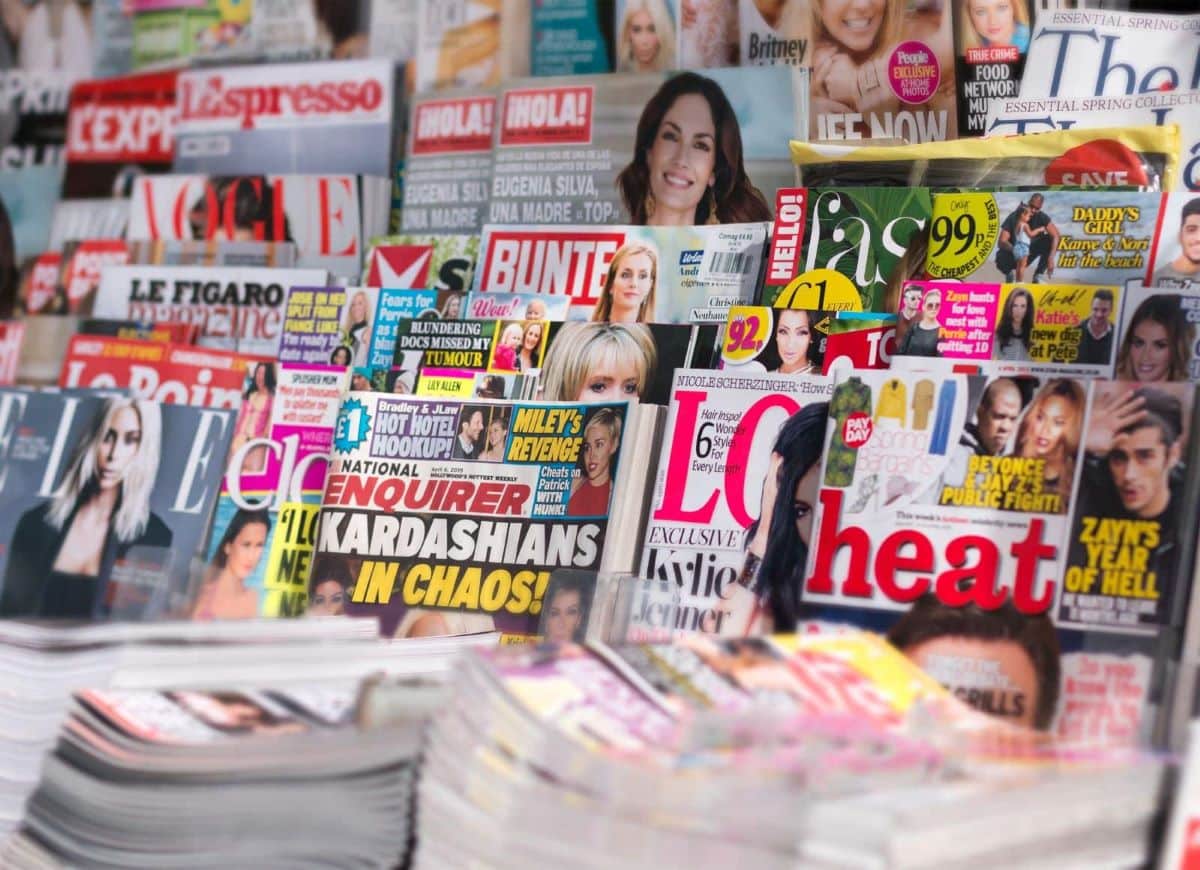In the UK, the links between media, government, and business often skew the truth, steering public perception away from crucial issues. Here’s a closer look at 21 ways British tabloids shape our views, often at the expense of transparency and accountability.
1. The Phone Hacking Scandal’s Deep Roots

The News of the World phone hacking scandal didn’t just breach privacy; it revealed a troubling collusion between tabloids and the police. Investigations uncovered that journalists routinely bribed police officers for inside information, compromising both law enforcement and journalistic integrity.
2. Boris Johnson and Tabloid Favouritism
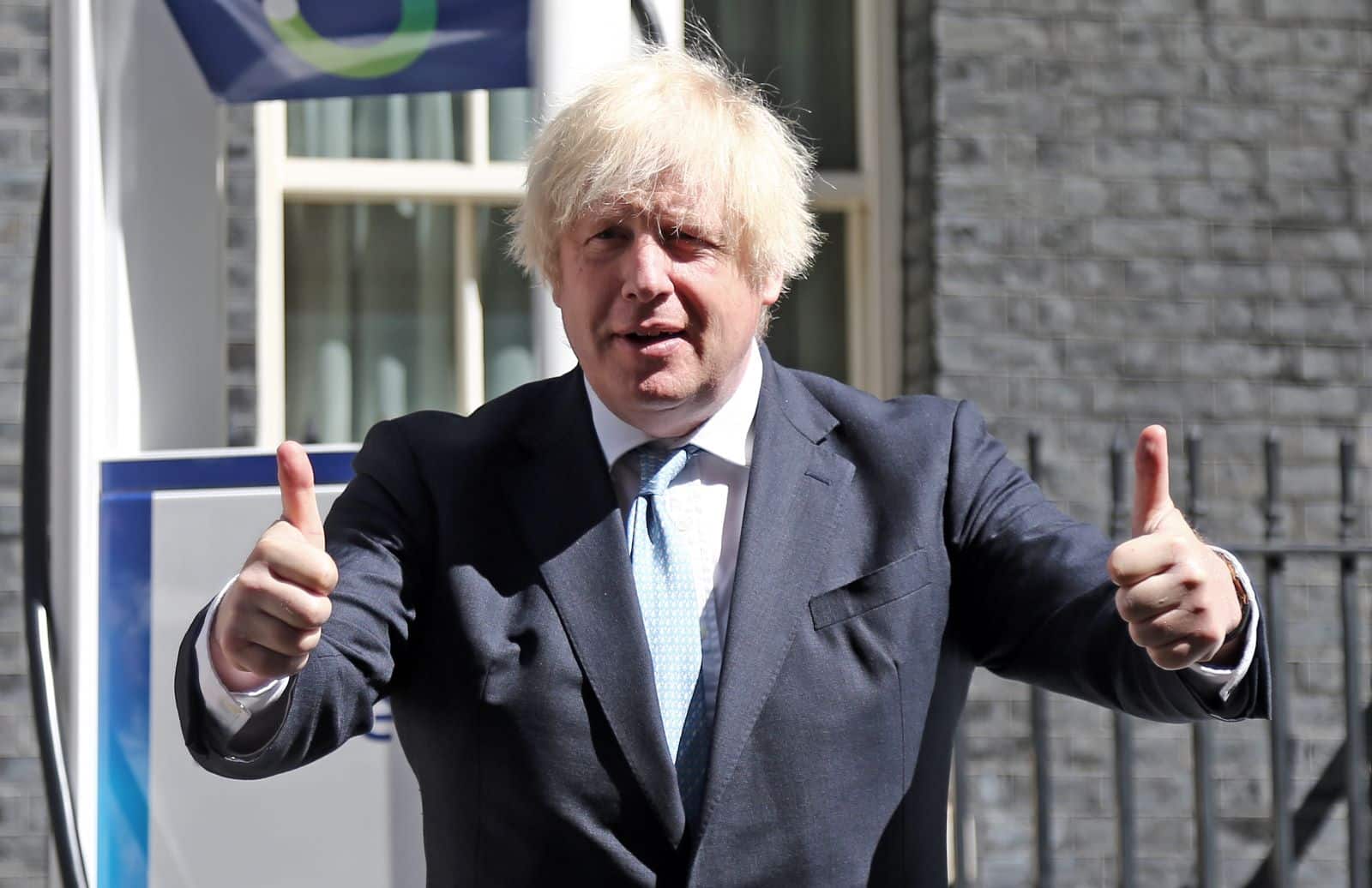
Boris Johnson’s terms as London Mayor and Prime Minister saw consistently favourable coverage from tabloids owned by Rupert Murdoch. This cosy relationship has been criticised for allowing Johnson to evade scrutiny on major issues like his handling of the COVID-19 pandemic and Brexit.
3. Blair, Murdoch, and Iraq

Tony Blair’s close ties with Rupert Murdoch influenced tabloids like The Sun to back the 2003 Iraq invasion. Reports suggest Murdoch and Blair communicated directly during the war, highlighting the potential impact of media moguls on government policy.
4. Brexit Campaign Lies
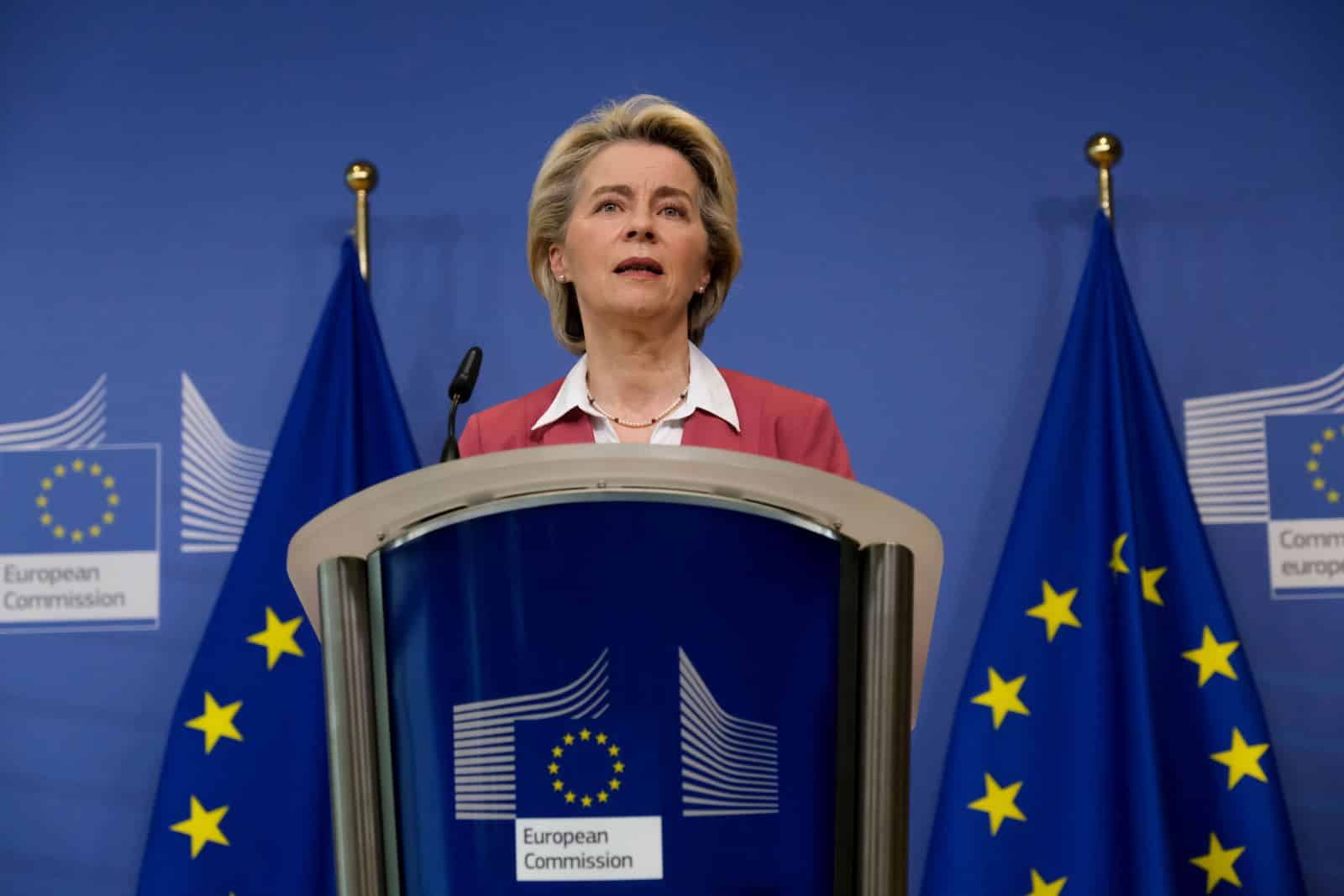
During the Brexit referendum, tabloids such as The Sun and The Daily Mail played pivotal roles in spreading misinformation about the EU. They peddled exaggerated stories, including misleading claims about EU regulations, which significantly swayed public opinion.
5. COVID-19 Misinformation

Throughout the COVID-19 pandemic, tabloids faced criticism for spreading false information about the virus’s severity and the effectiveness of vaccines. Specific instances include misleading claims about vaccine risks, which complicated public health efforts.
6. Unpacking the Narrative

Tabloids frequently use sensationalism in their portrayal of immigration, often depicting migrants as threats to societal stability. This narrative was incredibly intense during the Syrian refugee crisis, with papers like The Daily Mail using dehumanising language.
7. Climate Change Denial

Despite overwhelming scientific evidence, tabloids like The Express have given platform to climate change sceptics. They have published misleading claims about global warming, impacting public understanding and environmental policy.
8. Oversimplified Economic Reporting
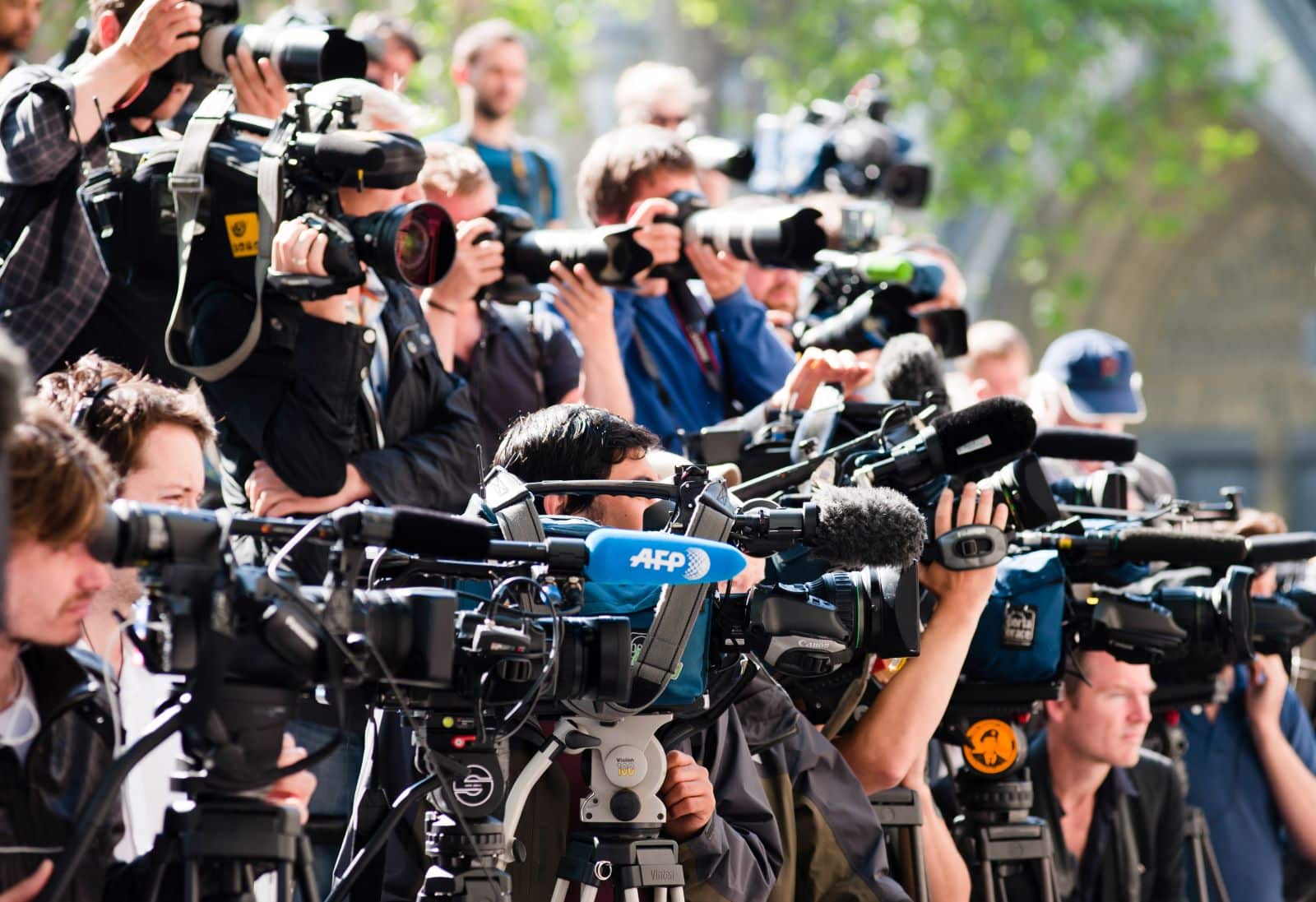
Financial crises, such as the 2008 recession, were often reported in tabloids through narrow lenses, focusing on individual greed rather than systemic issues. This misrepresentation diverted attention from necessary reforms and the broader economic context.
9. Targeting Welfare Recipients

During economic downturns, tabloids like The Sun have launched campaigns against “benefit cheats,” portraying welfare recipients as fraudsters. This focus detracts from discussions on economic policy and its broader impacts.
10. Promoting the War on Terror

Following 9/11, UK tabloids largely supported the ‘War on Terror,’ often neglecting to report on its effects on civil liberties and foreign civilians. This biased reporting helped garner public support for controversial military actions.
11. Celebrity Culture Distractions
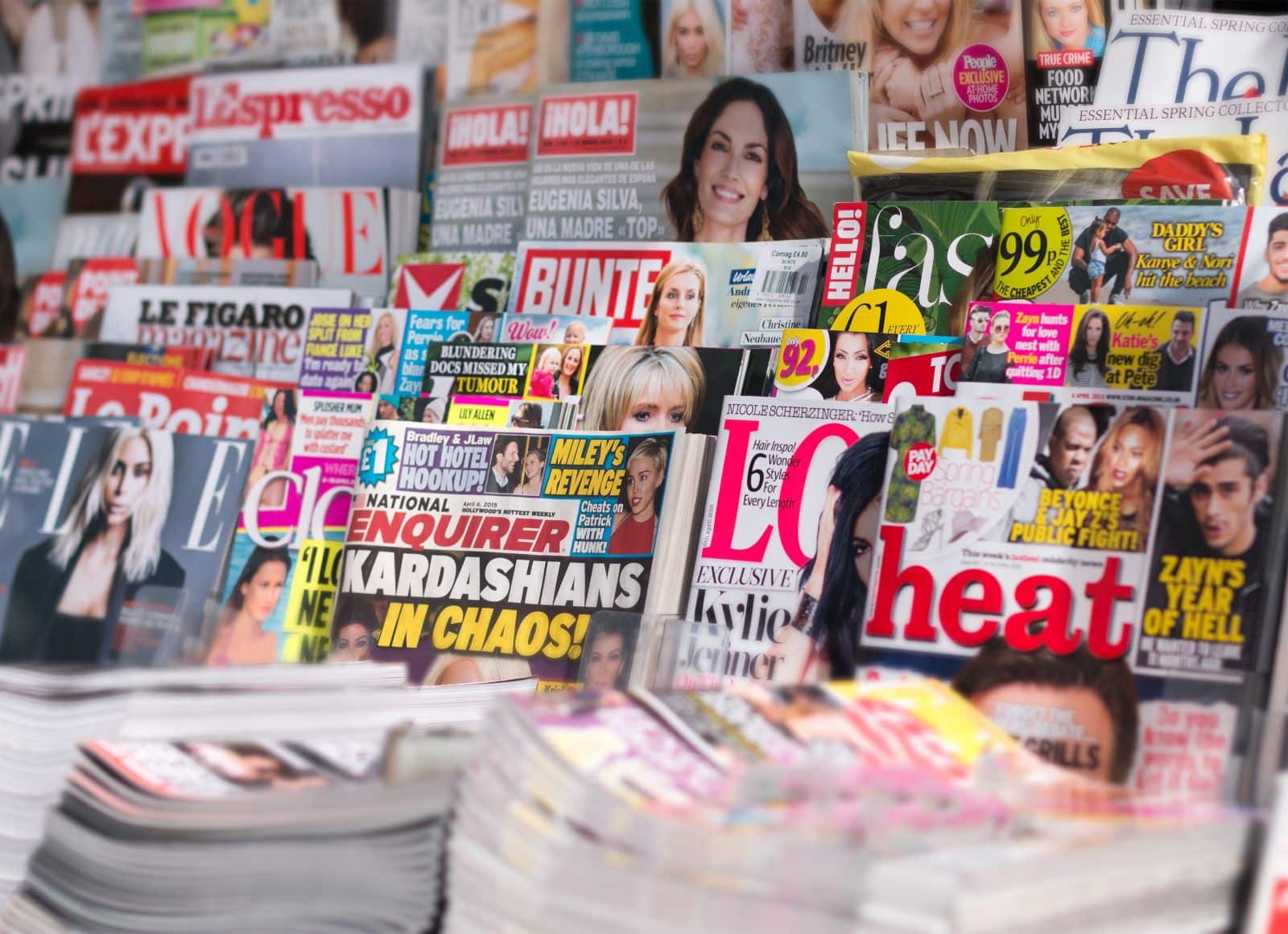
Tabloids often overshadow important political and social issues with relentless celebrity gossip. This tactic engages readers with trivial matters, distracting them from more pressing national and international concerns.
12. Misleading Health Advice

Health reporting in tabloids can be dangerously misleading. For instance, The Daily Mail has published contradictory articles about cancer risks and treatments, causing public confusion and undermining trust in health guidelines.
13. Amplifying Fear of Crime

Tabloid reporting often exaggerates crime statistics and stories, creating an inflated sense of danger. This fear-mongering influences public opinion on law enforcement and policies affecting civil liberties.
14. Undermining Political Opponents
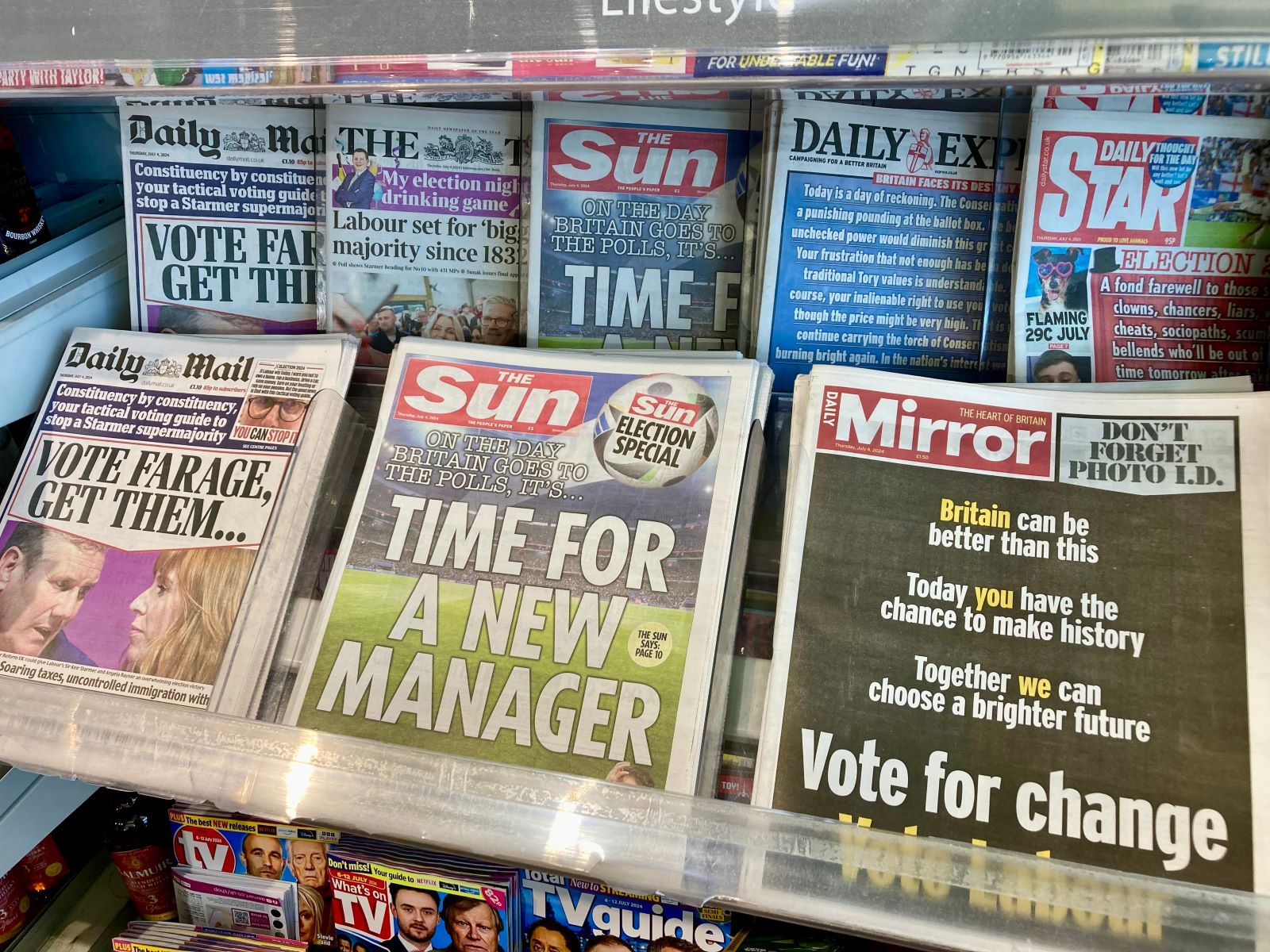
Tabloids frequently campaign against political figures who oppose their interests. Notably, The Sun has run numerous stories aimed at discrediting Labour Party leaders with exaggerated or out-of-context claims.
15. Manipulating Public Sentiment During Elections
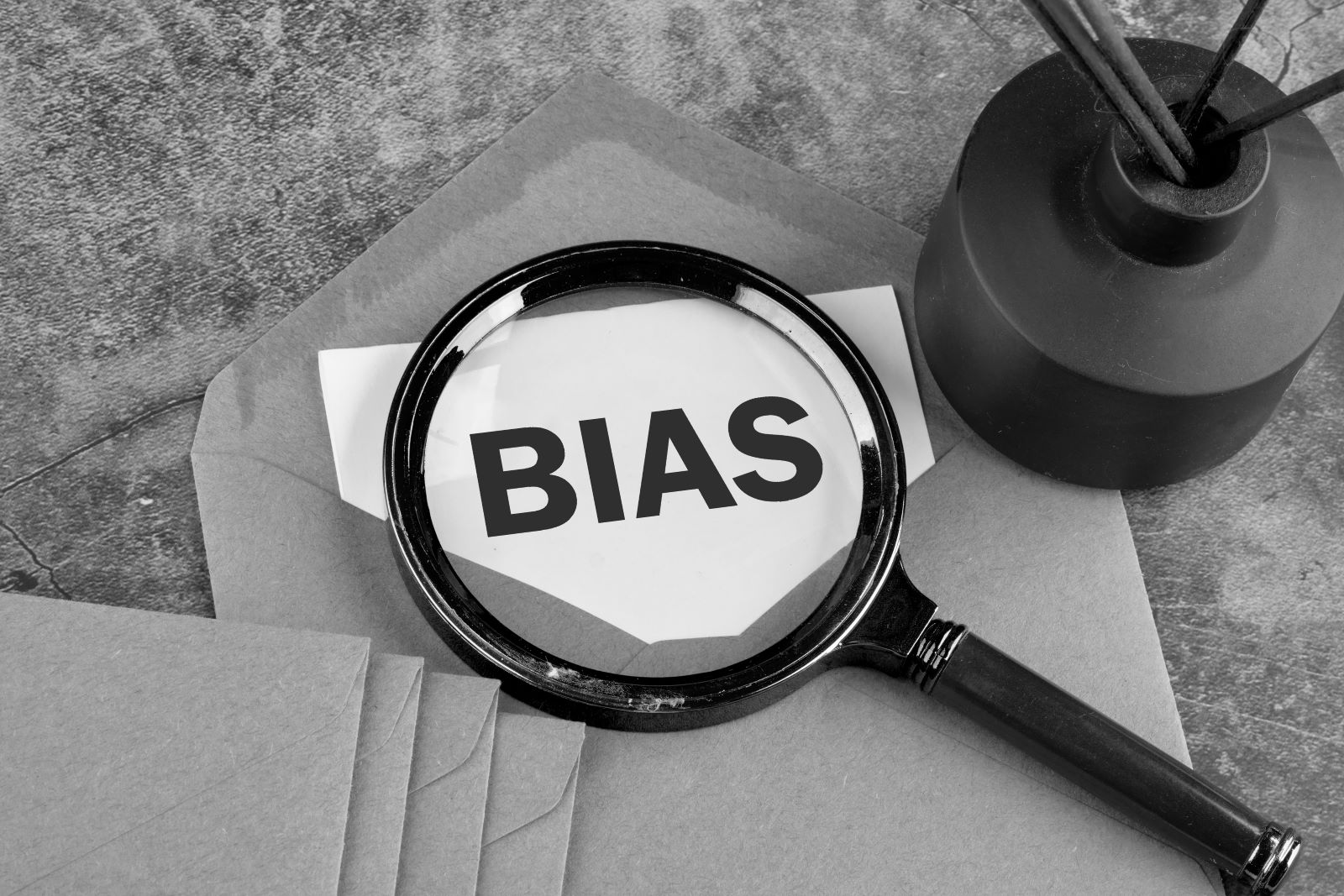
During election periods, tabloids exert significant influence, publishing biased content that skews public opinion. This often aligns with their proprietors’ political affiliations and business interests.
16. Exploiting Terror Incidents

Tabloids sometimes exploit terror attacks for sensational stories, often disregarding ethical journalism standards. This approach can perpetuate stereotypes and stoke xenophobia.
17. Overlooking Corporate Misconduct
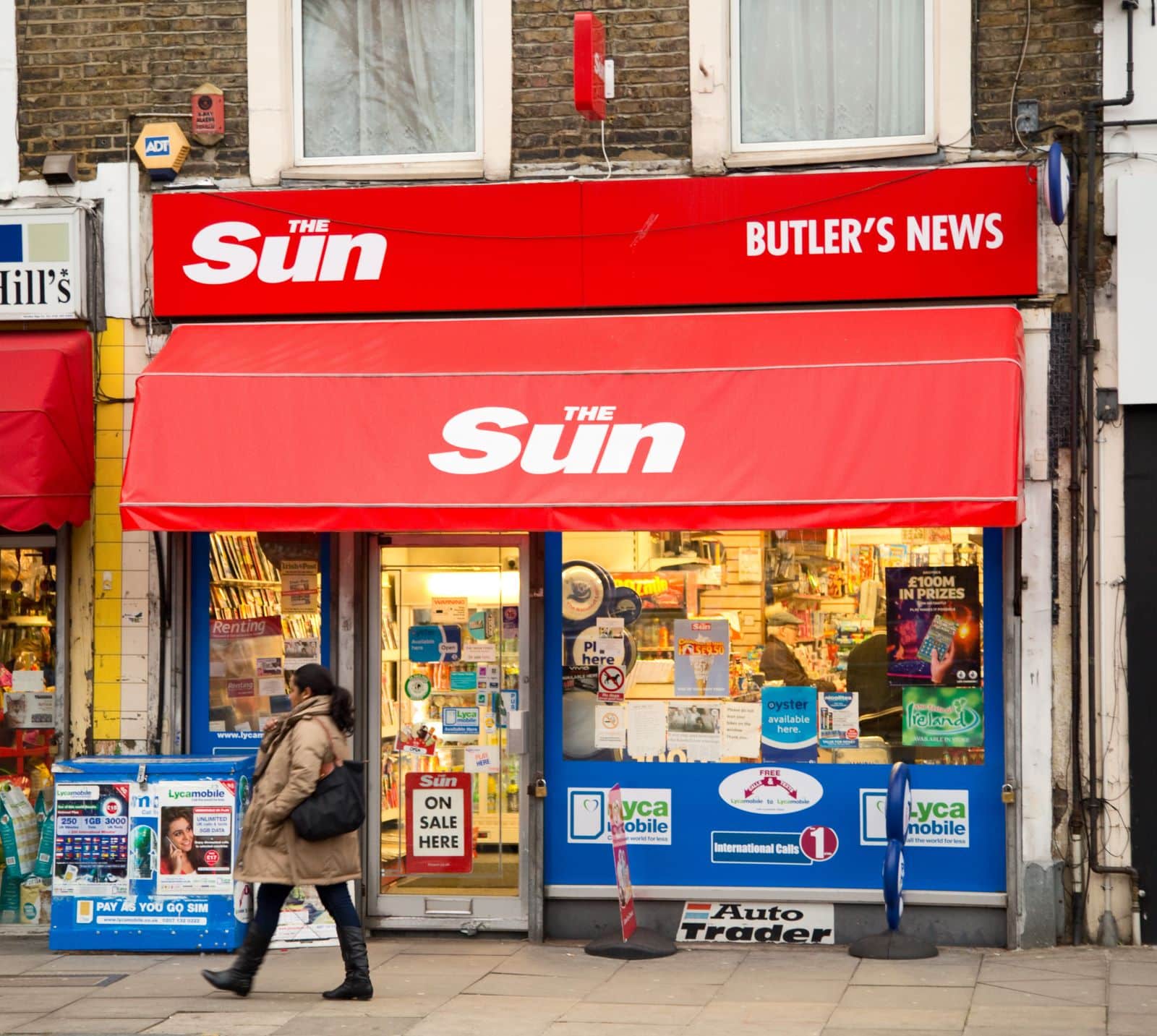
There is a noticeable lack of rigorous reporting on corporate misconduct by tabloids that benefit from substantial advertising revenue. This lack of scrutiny reflects a conflict of interest where financial ties influence editorial content.
18. Distorting Historical Narratives

Tabloids often present historical events with bias, serving to bolster nationalistic sentiments or vilify certain groups. This distortion can perpetuate misunderstandings and impact international relations.
19. Suppressing Voices for Change
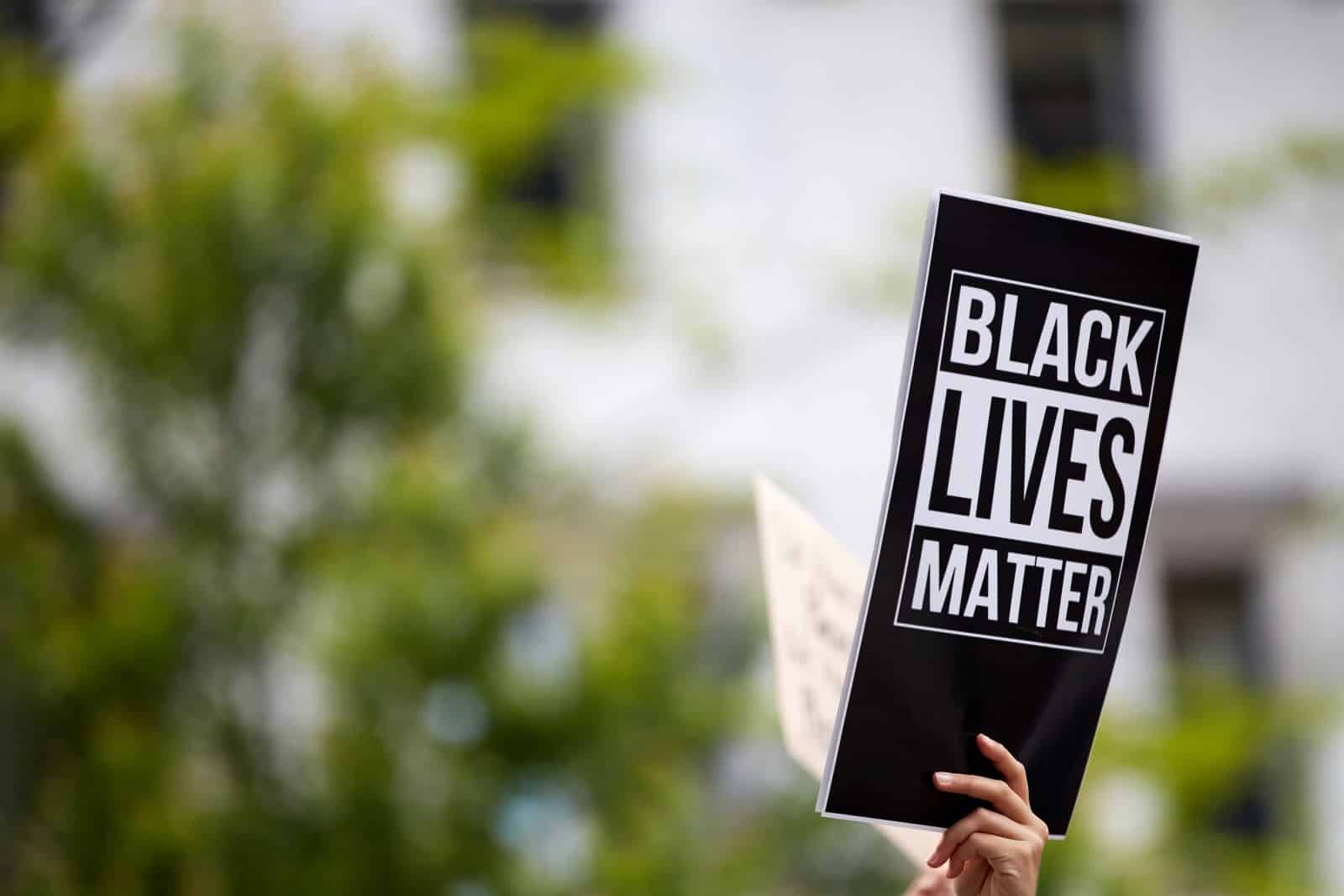
Progressive movements or voices advocating for social change are frequently undermined by tabloid reporting. This serves to maintain existing power structures and inhibit meaningful societal reform.
20. Biased Reporting on the Royal Family
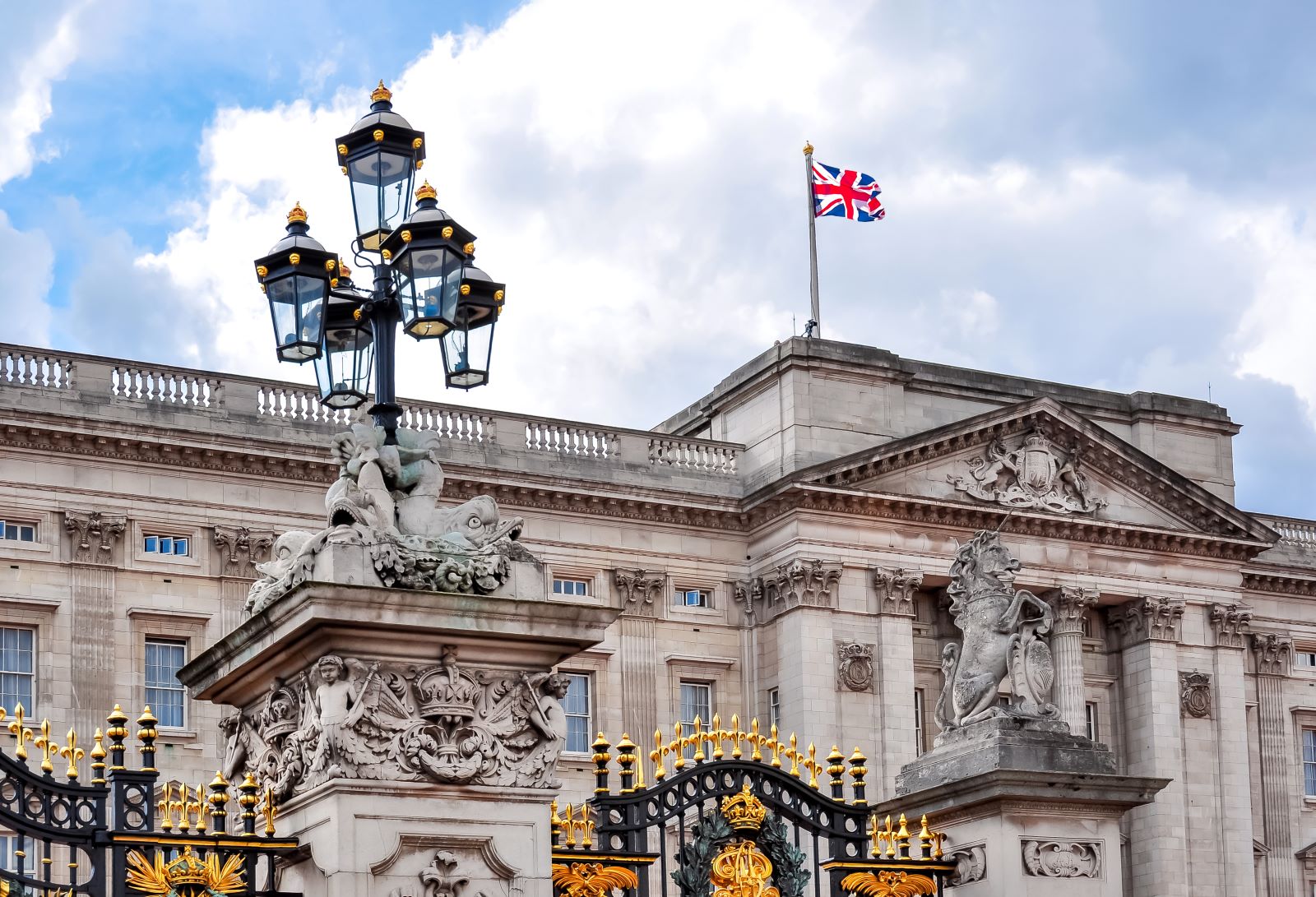
The tabloid treatment of the Royal Family can be highly polarising, often reflecting the personal biases of publishers and editors. This affects public perceptions and debates surrounding the monarchy’s role and relevance.
21. The Commodification of Personal Tragedy
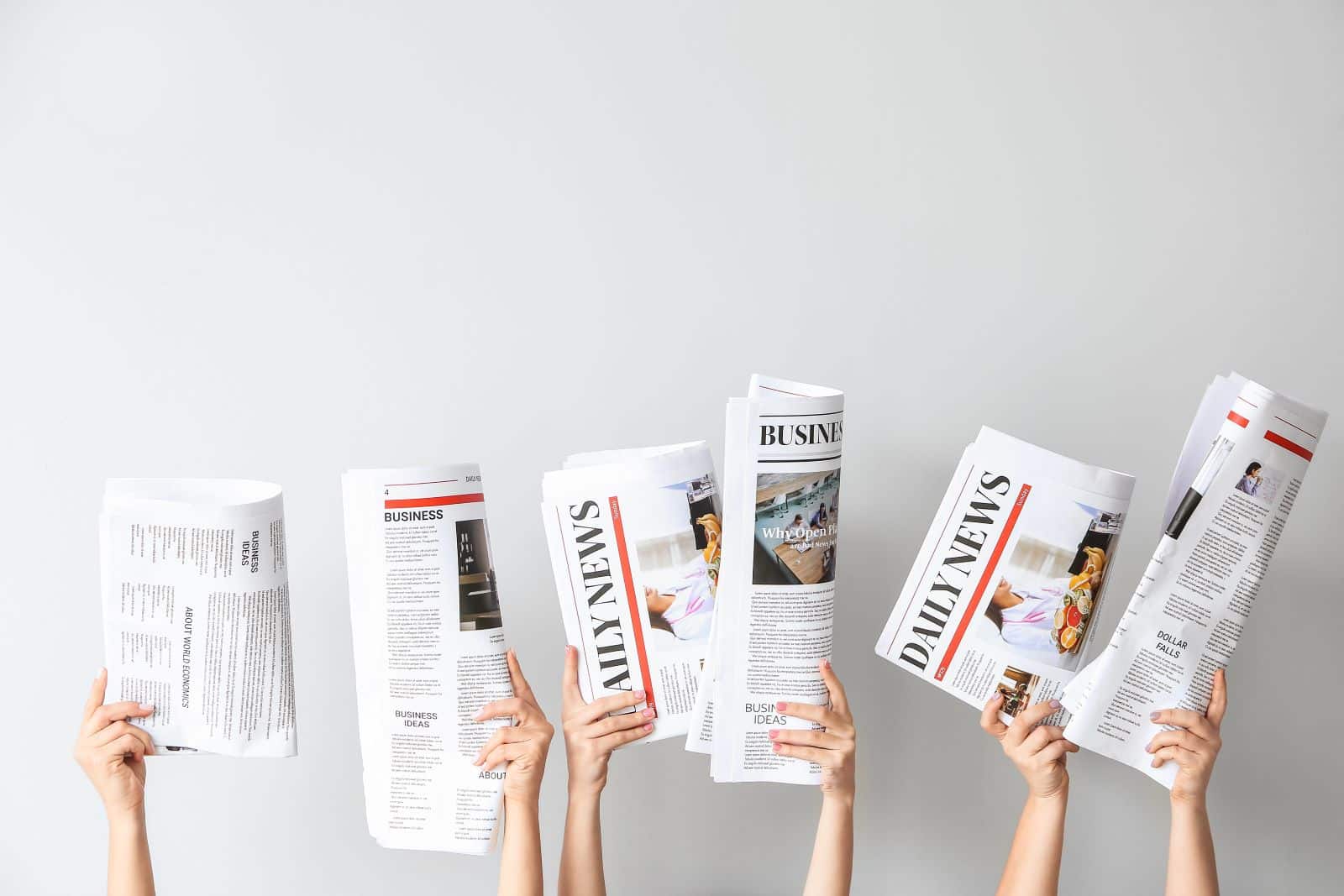
Tabloids are often criticised for turning personal tragedies into sensational stories for profit. This exploitation prioritises financial gain over empathy and respect for those involved.
Think Before You Ink
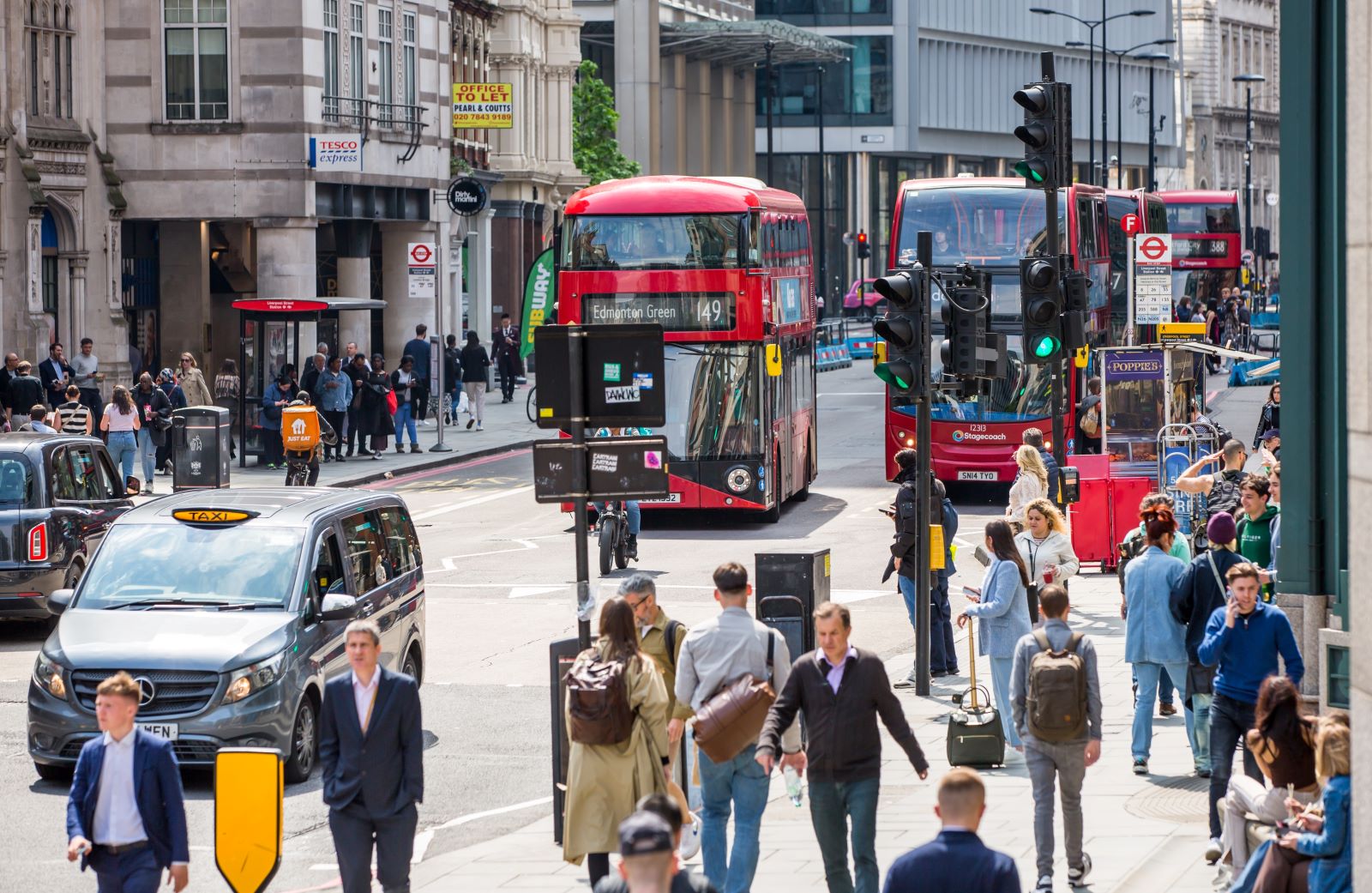
The pervasive influence of tabloids in shaping public discourse in the UK raises serious concerns about the health of our democratic processes. As consumers of media, it’s crucial that we question and critically engage with the information presented to us.
Featured Image Credit: Shutterstock / Copyright Lawrey.
For transparency, this content was partly developed with AI assistance and carefully curated by an experienced editor to be informative and ensure accuracy.
The images used are for illustrative purposes only and may not represent the actual people or places mentioned in the article.

